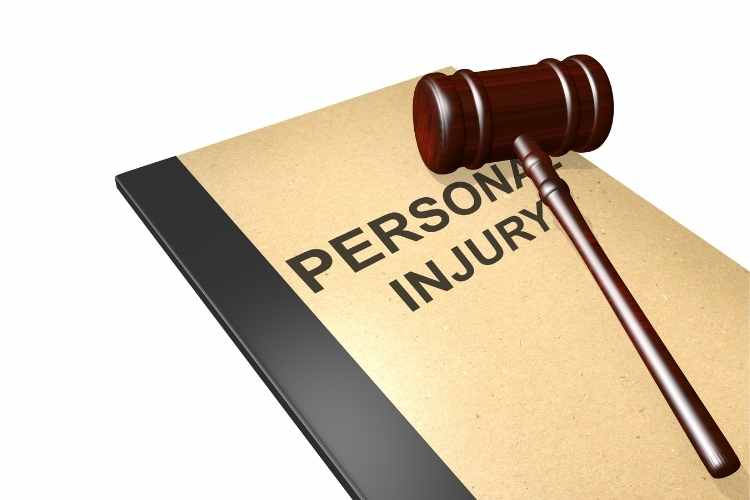Most personal injury claims are resolved through settlement, although this process can be challenging. In a personal injury case, each side may view the value of the claim differently. Through the process of mediation, differences can be resolved, and all parties can find common ground. If mediation is successful, the parties can submit a signed legal settlement to the court. Make sure to check out the best lawyer by searching for Personal Injury Lawyer near me.
Methods of mediation:
Three parties are normally involved in mediation:
- The arbitrator
- The plaintiff is the uninvolved party hurt in the collision.
- The individual accused of triggering the incident is the defendant.
In mediation, the claimant and respondent are permitted to have legal counsel and insurance adjusters. Therefore, there may be a sizable number of participants.
The goal is to discuss the case and pinpoint the points of contention. Money is typically the point of contention in a personal injury case, namely how much the accused should reimburse the claimant for their injuries.
Each side most likely communicated well with a mediator or completed documents before mediation. This information is required in order for the mediator to understand the nature of the conflict.
The mediator may send one party to a separate room throughout the mediation session and then move back and forth between them. This is known as “caucusing,” and it aids in pressuring each party to come to an understanding finally.
The mediator’s position:
Two parties can discuss a conflict alone, but a mediator is crucial to the negotiation process. The mediator, for instance:
- Stays impartial. Instead of taking a side, he or she conducts an unbiased analysis of the situation.
- Encourages both sides to pay close attention to one another. An agreement is frequently frustrated by miscommunication.
- Helps to steer the conversation away from pointless arguments or concerns that have already been resolved.
- Offers original ideas for settling the conflict.
- Encourages both parties to consider what they might receive if a trial is the next course of action if discussions fail.
The mediator does not “decide” the case as a judge would. But with the appropriate mediator, you can reach an agreement with the other party and finally settle your dispute.
Do you need mediation?
There are lots of advantages. The “push” needed by each party to reach a compromise and finally resolve the conflict without the danger of a trial can be provided by mediation. Additionally, private and relatively painless.




